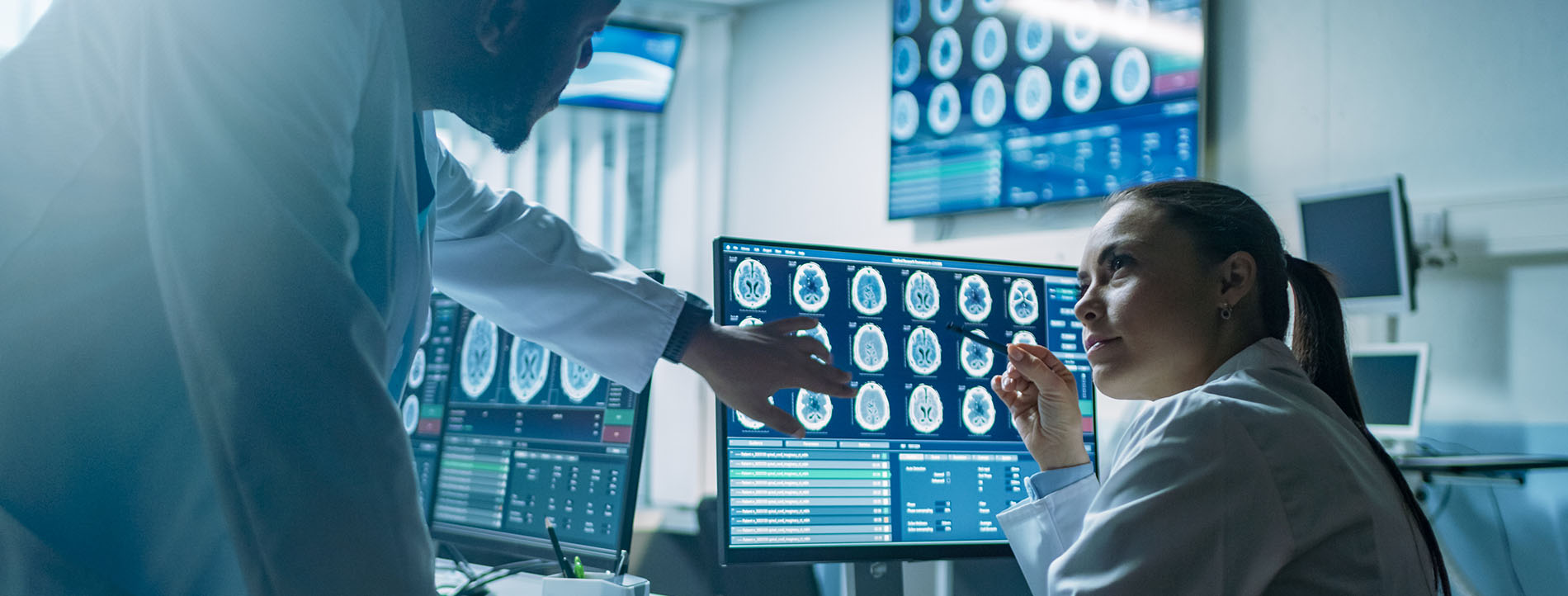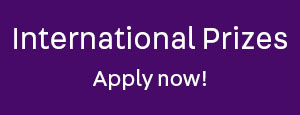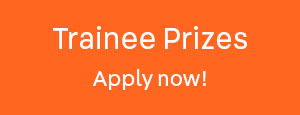
An initiative from The Tanenbaum Open Science Institute
About the Awards
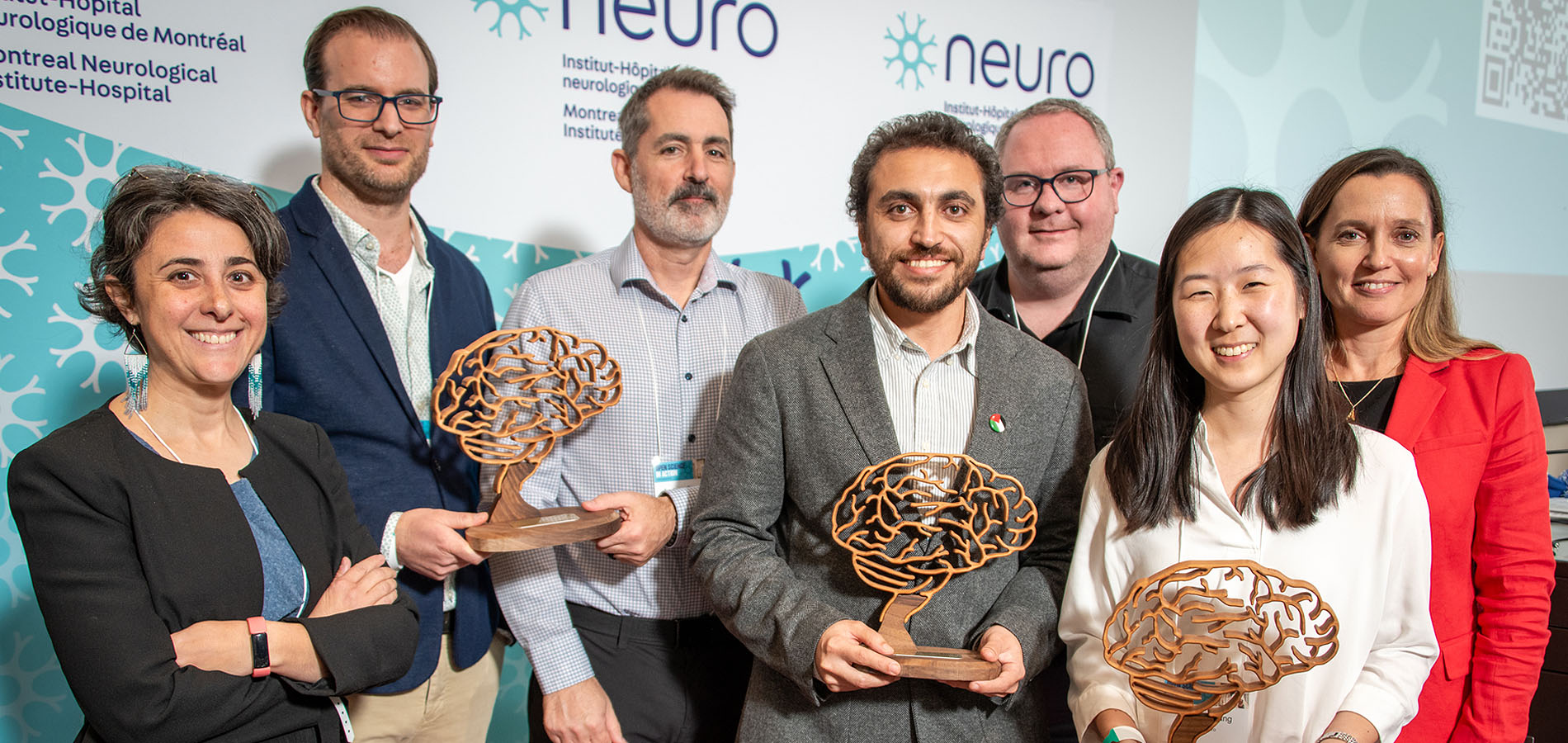
The prizes recognize Projects, services, tools, and platforms that unlock the power of Open Science in neuroscience to advance research, innovation, and collaboration for the benefit of health and society.
Watch the recording of the Prizes info session
Check out the informative webinar presented by the Tanenbaum Open Science Institute (TOSI) team on June 18, 2025. Here you'll find all the details you need to submit your application.
International Prize
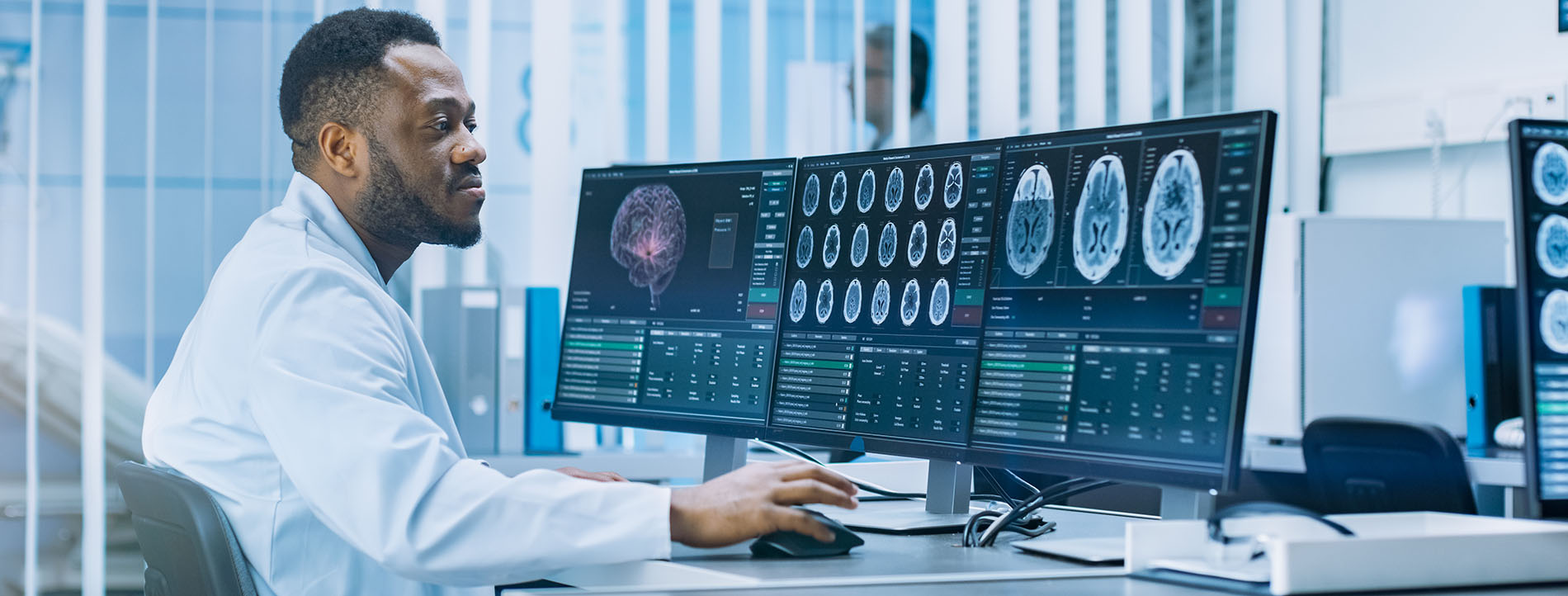
Awarded to an individual or a group of five individuals working in research organizations or Open Science non-profits around the world who have maintained, valorized, and/or delivered Open Science practices, policies, or tools that have had a demonstrable impact on neuroscience research. The International Prize can be awarded in recognition of a single project, or a series of contributions to Open Science in neuroscience.
International Prize
A group application may be submitted by up to five people. Applicants may be from the same organization or different organizations, and the application may address one or more projects. A single senior leader of the project (or projects) should be designated as the corresponding applicant. The corresponding applicant must submit all documentation and receive all communications regarding the prize. It is highly recommended that official institutional emails are used for applicants and suggested supporters.
CAN$80, 000
$55,000 in unrestricted research funds and $25,000 in salary support *
* In cases where there are multiple applicants, the salary support funds will be split evenly between applicants. For the unrestricted research funds, applicants will be asked to identify one institution to receive and disburse the funds.
The salary support funds will be distributed through the applicant’s employing institutions in compliance with McGill’s payment policies. It is the responsibility of the applicant(s) to account for any taxation implications of receiving salary support funds.
Trainee Prizes
The Trainee Prizes will go to graduate or post-doctoral trainees working in academic organizations around the world who have demonstrated, maintained, enhanced, valorized, and/or delivered Open Science practices, policies, and/or tools that have had a demonstrable impact on neuroscience research. The prize can be awarded in recognition of a single project or of a series of contributions to Open Science in neuroscience.
International
Trainee Prize
This prize will be awarded to the highest ranked application.
CAN$10,000
$5,000 in salary support and $5,000 in fellowship funds
Canadian
Trainee Prize
This prize will be awarded to the highest ranked application from a trainee working at a Canadian institution. *
CAN$5,000
In salary support
Runner-Up
Trainee Prize
These prizes will be awarded to the top five runners-up.**
CAN$1,000
In salary support
* If the International Trainee Prize is awarded to an applicant working at a Canadian Institution, the Canadian Trainee Prize will go to the next highest ranked applicant working at a Canadian institution.
** Does not include the recipient of the Canadian Trainee Prize.
Submission Process
Applications are made through the web portal by clicking on the links at the bottom of this page
2025 Key Dates
June 2
Application web portal opens
Extended to August 22
Application deadline:
Applications and letters of support due by noon EDT
September 25
Earliest notification of decisions
November 10
Prize ceremony and prize talks
Obligations to Receive the Prizes
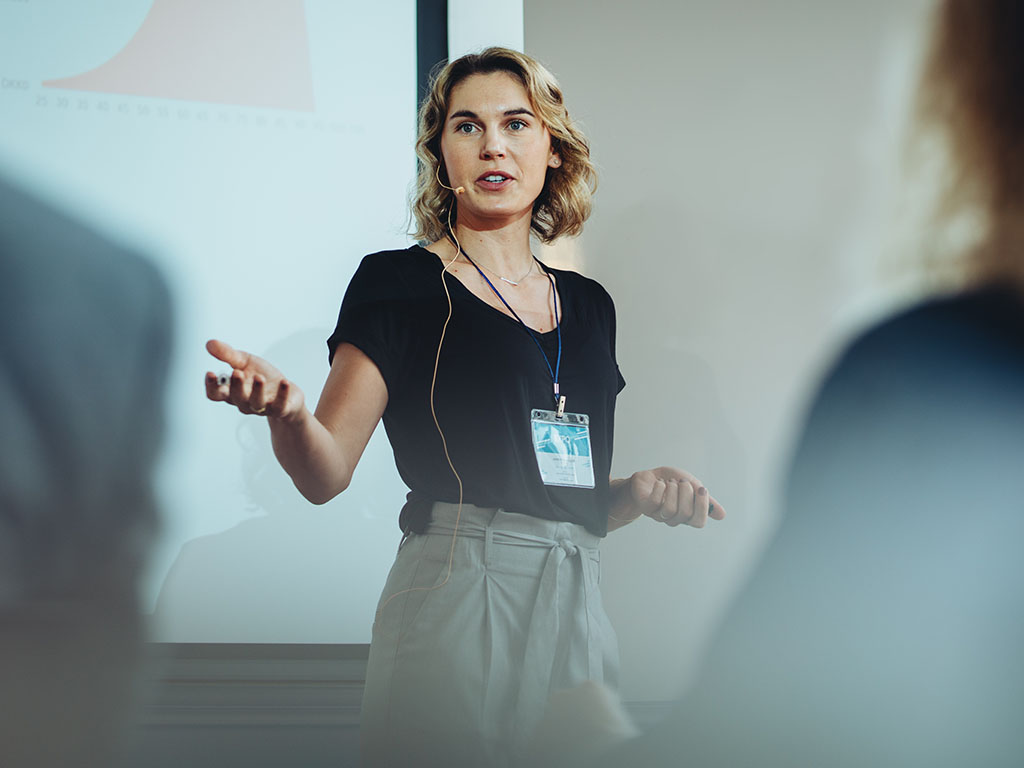 The recipients of the International Trainee, Canadian Trainee, and at least one recipient of the International Prize must be willing to travel to Montreal to present their Open Science work at the Neuro–Irv and Helga Cooper Foundation Prize Ceremony on November 10, 2025.
The recipients of the International Trainee, Canadian Trainee, and at least one recipient of the International Prize must be willing to travel to Montreal to present their Open Science work at the Neuro–Irv and Helga Cooper Foundation Prize Ceremony on November 10, 2025.
TOSI will cover travel and lodging expenses.
Application Guideline
Deadline Extended
Please note that any documents
must be uploaded by
noon EDT, August 22, 2025
| INTERNATIONAL PRIZE | TRAINEE PRIZES |
| Name and affiliation | |
| An application title, the name(s) and affiliation(s) of applicant(s), a short description of the role of each applicant (max. 100 words), the current position or job title of each applicant, and a field where the applicant(s) may choose to identify themselves as a member of an underrepresented group. | The name and affiliation of the applicant, and a field where the applicant may choose to identify themselves as a member of an underrepresented group. |
| Document(s) to provide | |
|
A description of the project(s) to be considered, which may contain relevant images, figures, and links It is recommended that the Project(s) Description consist of the following sections: Lay Summary, Rationale, Significance, Approach, Evidence of Impact (external links, including hyperlinks, are permitted) and EDI statement. |
A Biosketch of the applicant A description of the project(s) to be considered It is recommended that the Project(s) Description consist of the following sections: Lay summary, Rationale, Significance, Approach, Evidence of Impact (external links, including hyperlinks, are permitted) and EDI statement. |
| Letter of support * | |
|
The names, affiliations, and email addresses of up to three referees who have agreed to provide letters of support (PDF, max. 500 words). |
The names, affiliations, and email addresses of up to three referees (one of whom must be the applicant’s academic supervisor) who have agreed to provide letters of support (PDF, max. 500 words). |
* Upon initiating the application process on the webform, an email will be sent to Applicants including links to upload their Project Description and Biosketch, and an email will be sent to Referees including links to upload their letter of support. To ensure your referees have enough time to upload their letters of support, please start the application process well in advance of the deadline.
Evaluation Criteria
Evidence of impact is mandatory, including but not limited to:
- Indicators of access to and use of software tools, data, or code repositories number of downloads
- Evidence of work to increase the usability of open tools
- Evidence of patient/participant outreach or co-development
- Knowledge translation and education activities
- Evidence of work promoting open data standards
- Authoring or co-authoring Open Science guidelines and policies
- Early Career Researcher (ECR) criteria will also play a role in the selection process for International Prize applicants.
Special notes for McGill applicants
International main prize funds will only be distributed to McGill-affiliated individuals once out of every five years. The last year when McGill-affiliated individuals received prize funds was 2021. McGill-affiliated individuals may still be listed as applicants, but the unrestricted research funds must be sent outside of McGill and the salary-award will be split between non-McGill-affiliated individuals until 2026.
Equity, Diversity and Inclusion (EDI)
 Applicants will be asked to submit an EDI statement that should consider whether sex, gender, race, ethnicity, dis/ability, socioeconomic status, and other socio-cultural factors play a role in the project/initiative. The statement should consider whether these factors impact the team, the environment, the project or initiative itself, or its intended output. And, if relevant, should outline how these factors will be managed and accounted for.
Applicants will be asked to submit an EDI statement that should consider whether sex, gender, race, ethnicity, dis/ability, socioeconomic status, and other socio-cultural factors play a role in the project/initiative. The statement should consider whether these factors impact the team, the environment, the project or initiative itself, or its intended output. And, if relevant, should outline how these factors will be managed and accounted for.
Review Process
The application dossiers will be reviewed by a selection committee consisting of three members of The Neuro community and four external members.
Committee Composition

Confidentiality Clause
All information, both written and verbal, related to the identification and selection process is held in the strictest confidence. Records of the deliberations and other confidential activities of the prize committees, both paper and electronic, are archived by The Neuro.
Terms of Reference
For further information regarding the Prizes, the Prize Selection Committee, eligibility, and the review and award process, please see the Neuro-Irv and Helga Cooper Foundation Open Science Prizes Terms of Reference.
Contact
For questions or more information please contact: the Tanenbaum Open Science Institute at tosi [at] mcgill.ca

